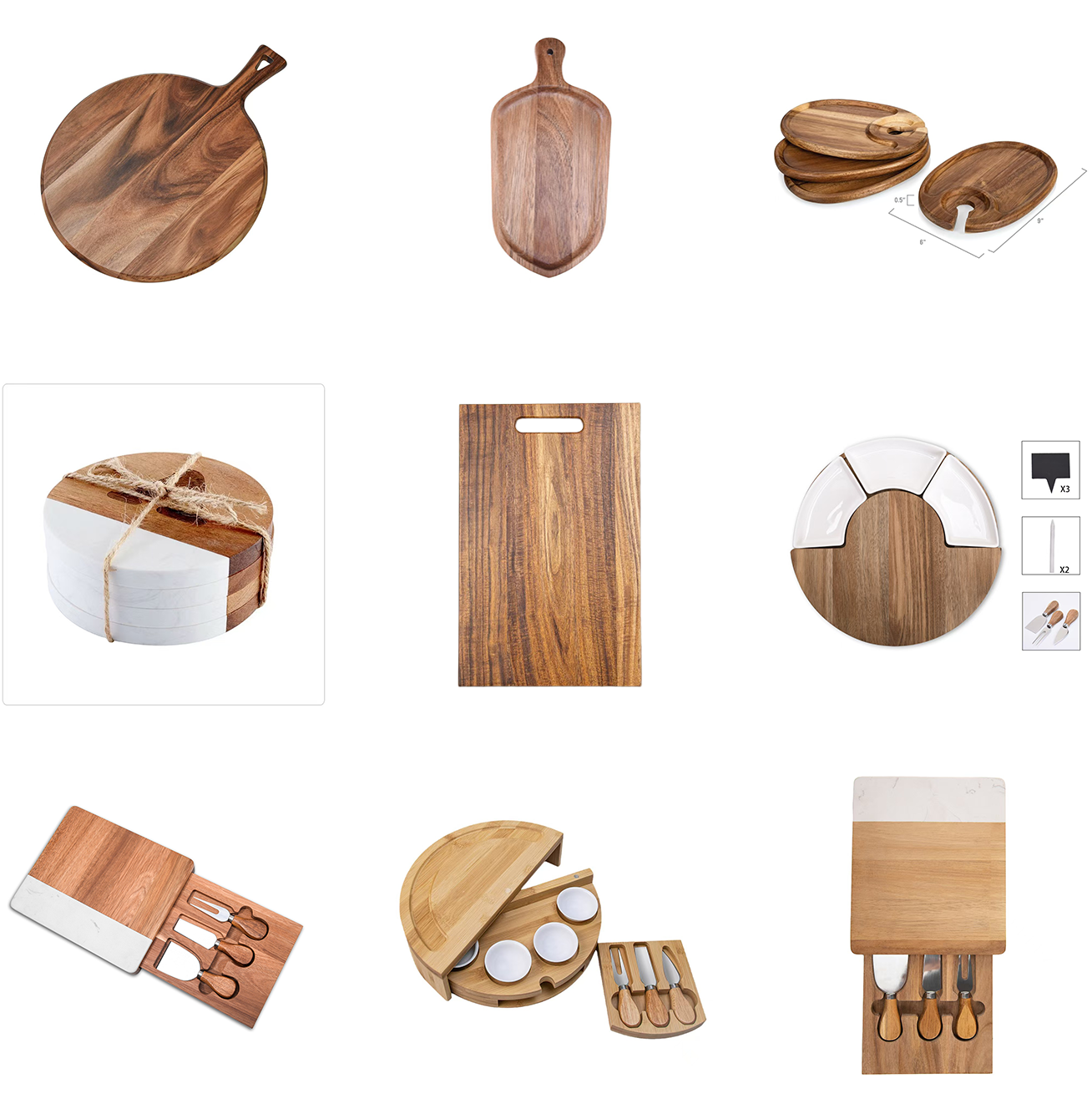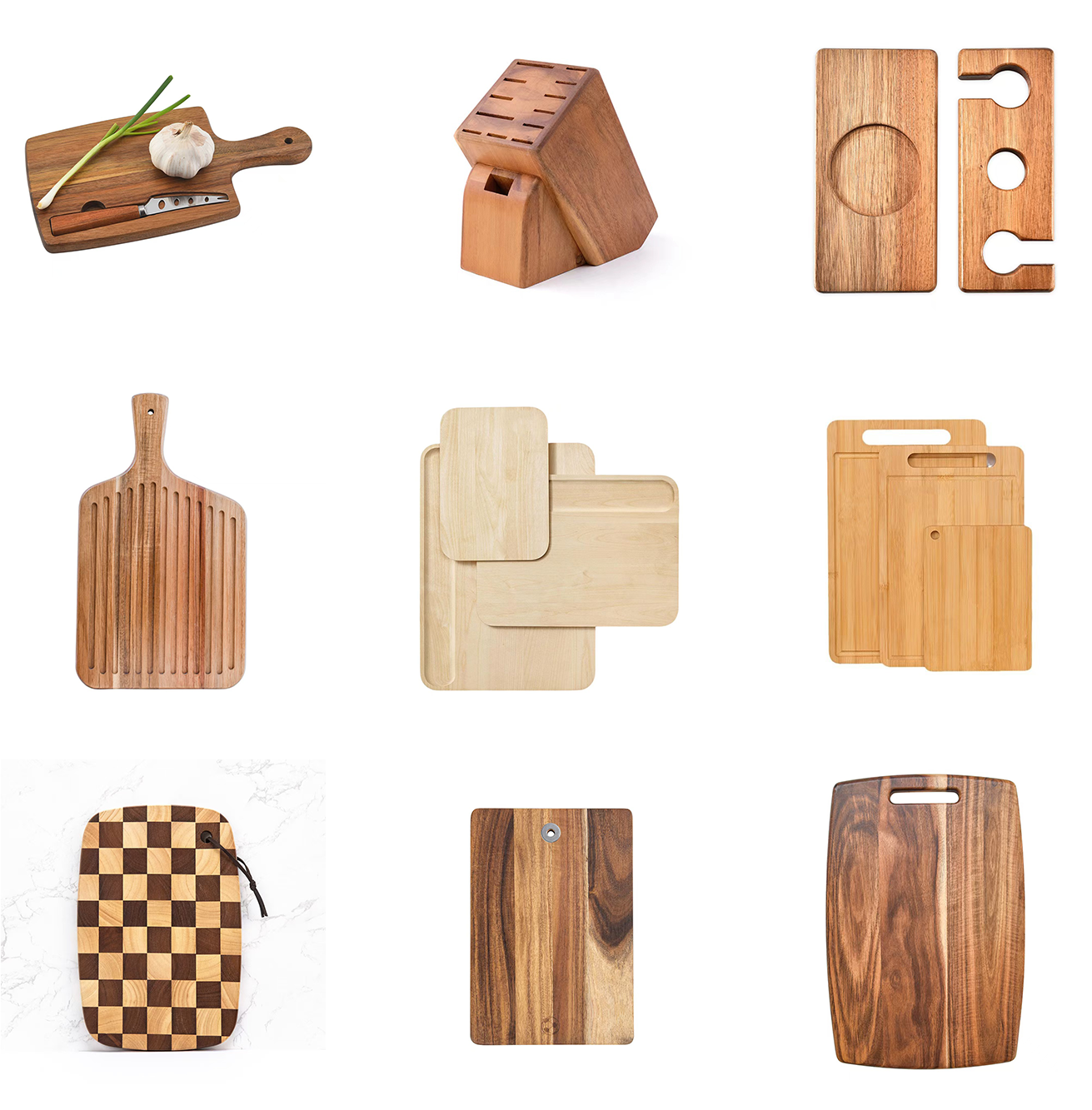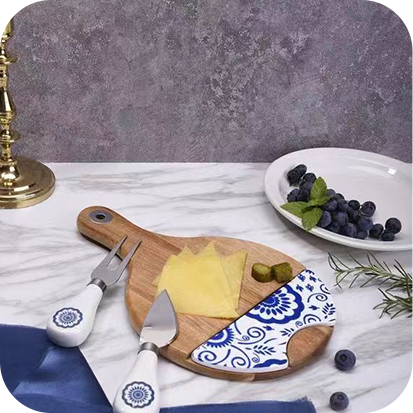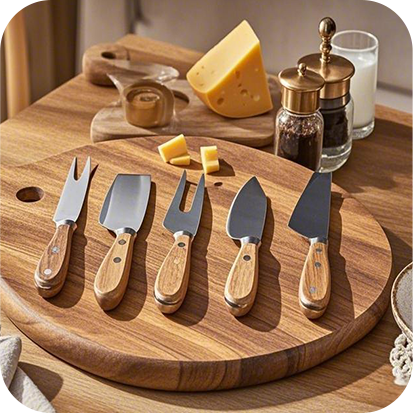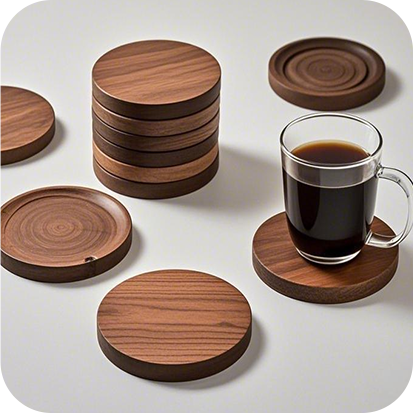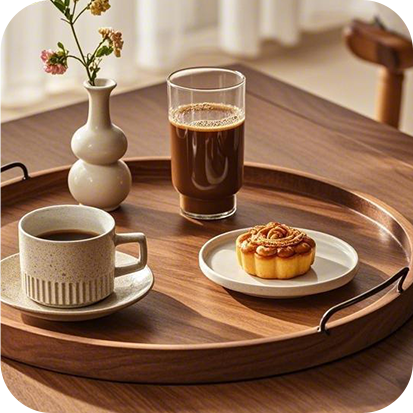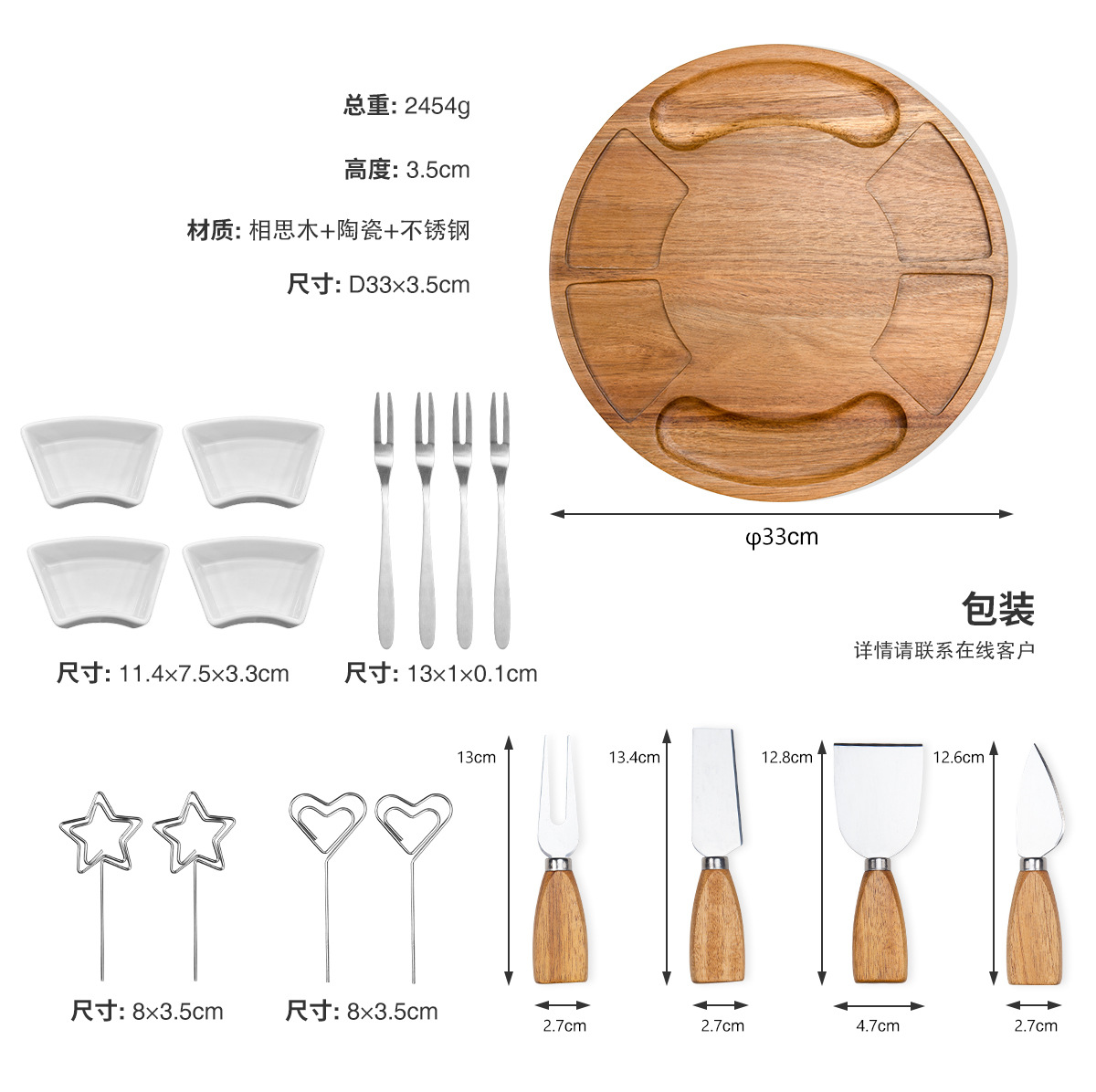
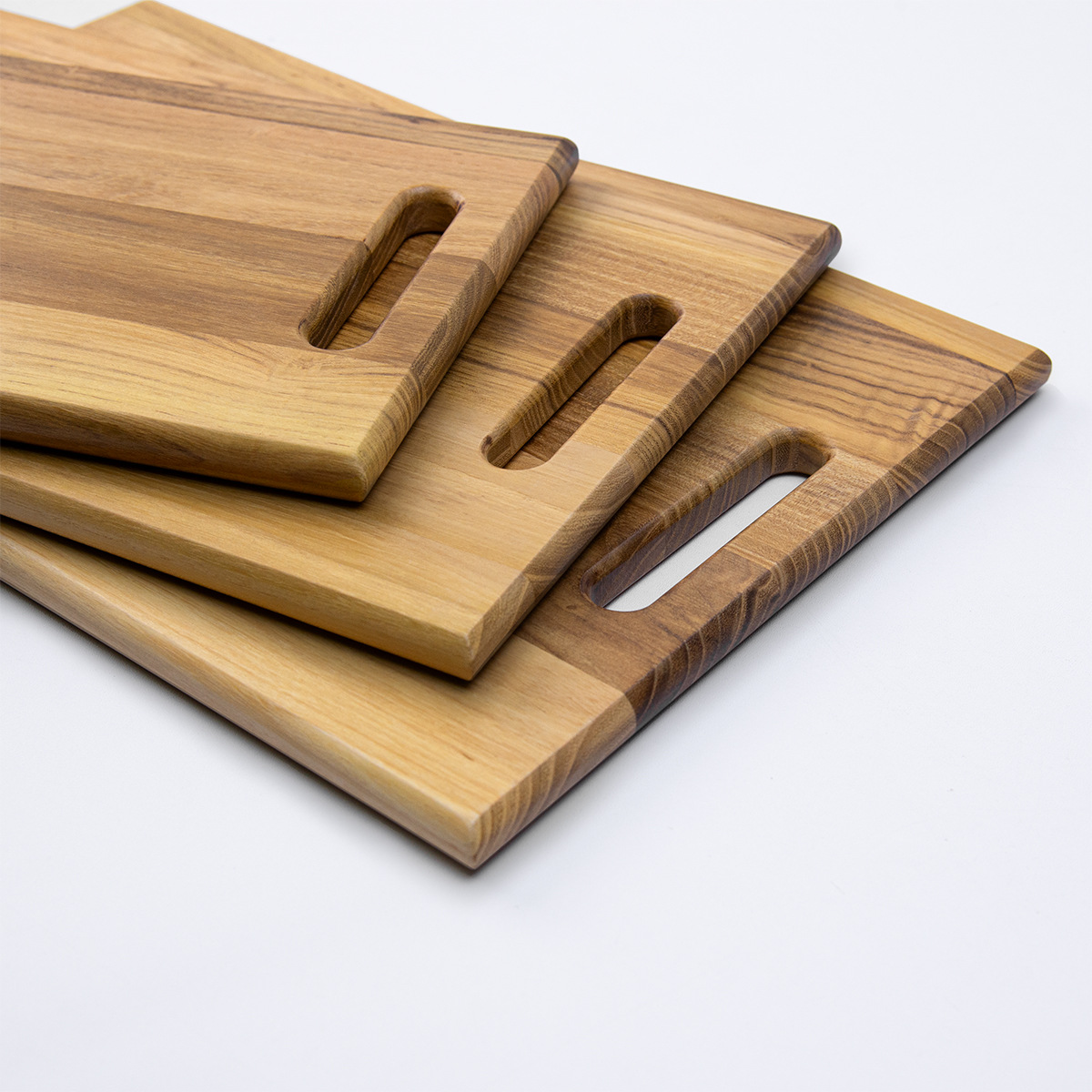
Eco News: The Future of Disposable Wooden Trays in Circular Economy Design
As sustainability evolves beyond simple recycling into a circular economy model, disposable products are being reimagined with full lifecycle accountability. Among these, disposable wooden trays, particularly those crafted from Acacia wood, are standing out for their unique blend of renewability, strength, and environmental integrity. In this Eco News installment, we look at how these products are driving the next phase in eco-conscious design.
Understanding Circular Economy and Its Role in Packaging
The circular economy encourages:
Designing products with multiple life phases, not linear disposal.
Ensuring components can be reabsorbed into natural or industrial systems.
Prioritizing durability, reuse, and regenerative sourcing.
Disposable wooden trays are evolving from temporary tools to eco-modular systems that align with this philosophy.
Acacia Wood in Circular Systems
Acacia wood’s benefits for circular use include:
Fast-regrowth characteristics, making it ideal for repeat harvesting.
High fiber density for strength and durability even in thin sheets.
Chemical-free finishes that compost safely or burn cleanly in energy recovery facilities.
Designing with this in mind ensures that trays like the Zero contaminants on-demand production Acacia wood Acacia serving tray never become waste—they become input.
Design for Reusability and Upcycling
Even though marketed as "disposable," new designs are enabling:
Short-term reusability for 5–10 serving cycles.
Transformation into home compost materials or biomass bricks.
Optional add-ons like reusable grips or modular packaging sleeves.
The Material safety Engraved Acacia wood Acacia serving tray is a good example: usable multiple times, yet fully degradable.
Integration into Smart Waste Systems
Urban eco-systems now include:
RFID-tagged compost bins to track food tray breakdown.
Localized wood waste-to-biochar plants.
QR-coded trays with instructions for consumer sorting.
YangJiang Stellar Kitchenware is innovating with trays that are not just green to produce—but smart to dispose of.
Certification and Legal Alignment
To ensure trust and adoption, manufacturers must align with:
ISO 14040 (Lifecycle Assessment) standards.
Regional bans on laminated or resin-coated wood.
New eco-labels that verify circular lifecycle scoring.
The NSF certified Personalized Acacia wood Serving board is built to meet such regulations while looking premium.
Consumer Engagement and Brand Storytelling
Eco-minded consumers want more than functionality—they want meaning:
Trays now come with stories of artisan forestry and carbon-neutral shipping.
Brands are publishing impact metrics alongside products.
Use of plant-based ink prints to tell the sustainability story visually.
YangJiang’s trays are not just products—they are ambassadors for a circular mission.
Embrace Circular Innovation with YangJiang Stellar Kitchenware
From serving meals to regenerating ecosystems, our Acacia wooden trays support every step of the sustainability cycle.
Close the Loop with Eco Tray Solutions
📧 info@justwoodencuttingboard.com
📱 WhatsApp: +86 183 1248 3616
READ MORE:
READ MORE:









